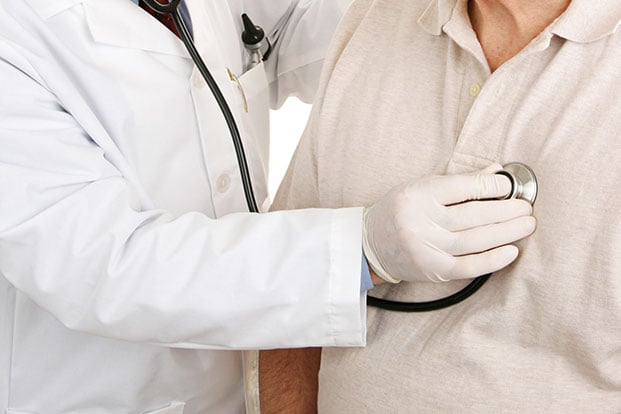Viral Hepatitis - Diagnosis and Treatment
Apr 19, 2022
Viral hepatitis can be broadly divided into two groups based on the duration of the infection whether less/more than 6 months. The classifications are Acute Hepatitis and Chronic Hepatitis.
Diagnosis of acute viral hepatitis can be made clinically as well as by blood investigations.
Signs and Symptoms associated with Viral Hepatitis:
- Clinically patient presents with the symptoms like nausea, vomiting, malaise, fever, reduced appetite, generalised weakness, rashes, which are also called as Prodrome Symptoms.
- In icteric phase, the patient presents with dark yellow coloured urine and sclera, pale coloured stool, abdominal pain or discomfort, anorexia, and pruritus.
- On investigation, SGOT/SGPT and/ or total bilirubin levels are increased than the normal along with:
- Presence of IGM anti HAV/HEV for Hepatitis A/E respectively confirms the diagnosis
- Presence of HbsAg positive status or positive IGMm anti-HbCAg for Hepatitis B
- Presence of anti-HCV antibody positive status, however, HCV rarely causes acute hepatitis.

Diagnosis & Tests for Viral Hepatitis:
For chronic viral hepatitis, it is usually the investigations which raise suspicion, except for persons who have advanced liver diseases, hence routine screening for HBsAg and Anti HCV is advised. Investigations includes HBV DNA/HCV RNA/ HCV Genotype. Liver biopsy is also done in some cases to stage the degree of liver damage.
Treatment for Viral Hepatitis:
Acute Viral Hepatitis: This also depends on the type of hepatitis. For Acute viral hepatitis, only symptomatic treatment is required except for few patients (~ 1%) who have severe liver damage and progress to liver failure. Patients who develop liver failure, only hope for them is Liver transplantation because with medical therapy alone only a few patients survive. There is no antiviral therapy available for acute Hepatitis A and Hepatitis E. Whereas antiviral is available for Hepatitis B and C, they are seldom required in acute infections as a majority of them clears spontaneously. Hospitalisation is required if patient is at risk of dehydration due to repeated vomiting/ poor apetite or if the patient develops encephalopathy ie; altered sensorium/coagulopathy.
Chronic Hepatitis: This is caused due to viruses mainly by hepatitis B and C. In Chronic Hepatitis B, treatment depends on the level of viral replication (HBV DNA, status of e- Antigen) and degree of liver damage. It should be noted that all patients having chronic HBV infection does not need antiviral. If all chronic HBV infected patient are followed till death only half of them will require antiviral in lifetime.
Chronic Hepatitis C : Treatment is recommended for all, as the currently available treatment are quite potent with high cure rate in contrast to antivirals for HBV which can only control the multiplication of viruses but can cure only a fraction.
Liver transplant is considered where the patient develops complications or acute liver failure or advanced cirrhosis or Hepatocellular carcinoma.









